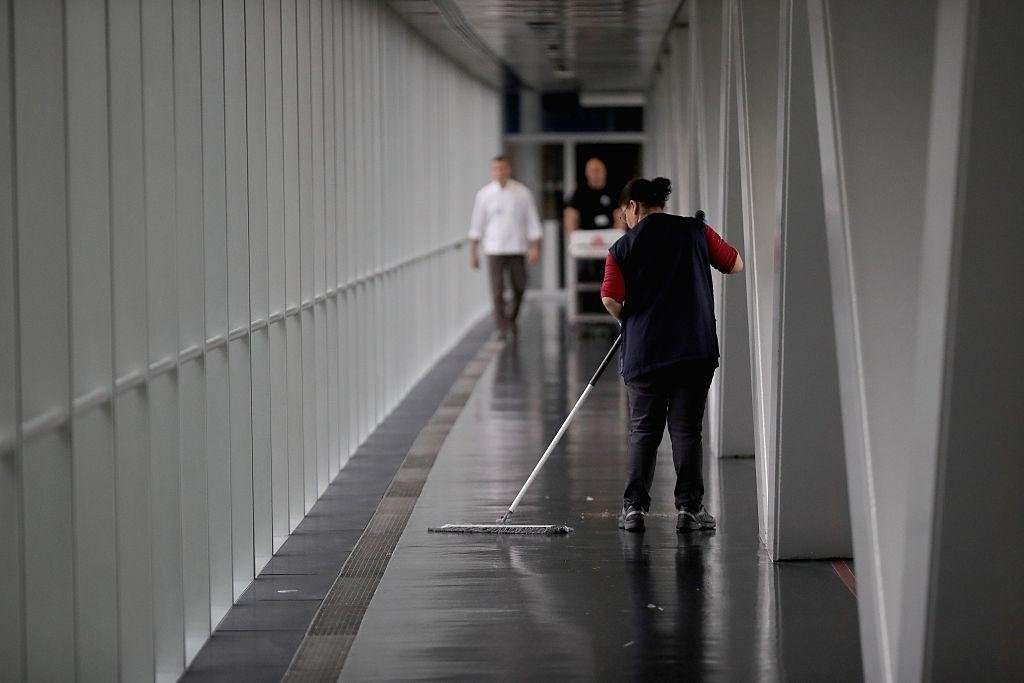Regular use of cleaning sprays can have as much of an impact on health as smoking a pack of cigarettes a day, according to a new study.
Scientists at Norway’s University of Bergen tracked 6,000 people, with an average age of 34 at the time of enrolement in the study, who used the products over a period of two decades, according to the research published in the American Thoracic Society's American Journal of Respiratory and Critical Care Medicine.
They found that lung function decline in women regularly using the products, such as cleaners, was equivalent over the period to those with a 20 cigarettes a day smoking habit.
Keep up with this story and more by subscribing now
"While the short-term effects of cleaning chemicals on asthma are becoming increasingly well documented, we lack knowledge of the long-term impact," said Professor Cecile Svanes, a medic at the University of Bergen and the senior author of the study.
"We feared that such chemicals, by steadily causing a little damage to the airways day after day, year after year, might accelerate the rate of lung function decline that occurs with age."
The scientists advised avoiding the products, and instead using microfiber cloths and water.
For the study, experts measured lung function by testing the amount of air those who took part in the study were able to forcefully breathe out.
They then examined the results alongside a questionnaire in which participants had been asked about the frequency of their use of cleaning products.
According to the study, women who used the cleaning products regularly had a markedly decreased lung capacity.
They also found increased rates of asthma among women who used the products regularly.
The products seemed to affect the lung capacity of women who took part in the study more than men, though they noted the number of male participants was small compared to the number of female participants.
"When you think of inhaling small particles from cleaning agents that are meant for cleaning the floor and not your lungs, maybe it is not so surprising after all," said Øistein Svanes , a doctoral student who led the study.
The experts attribute the decline in lung function to the damage that cleaning agents cause to the mucous membranes lining the airways, resulting over time in persistent changes.
The results follow a study by French scientists in September, 2017, who found that that nurses who used disinfectants to clean surfaces at least once a week had a 24-percent to 32-percent increased risk of developing lung disease.
However, one company claims to have developed a spray that kills grime and lowers air poluution, Newsweek reported in 2014, with Pureti claiming it's spray can transform any surface into a self-cleaning dynamo that kills grime and eats up pollutants.

windupcrow on February 19th, 2018 at 08:46 UTC »
The publication link in the article is a bit annoying - it uses some wierd spacing method. Here is a better formatted version of the full paper: https://doi.org/10.1164/rccm.201706-1311OC
sapunec7854 on February 19th, 2018 at 07:57 UTC »
OK but what kind of cleaning products? Just things that come out of aerosol cans?
Essx on February 19th, 2018 at 07:51 UTC »
Would wearing a particle respirator filter mask while cleaning help?